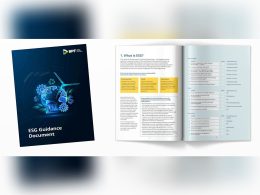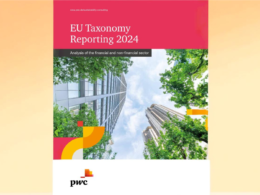The Global Reporting Initiative (GRI) has released the exposure draft for GRI Monetary Flows, part of Phase 1 of its Economic Impact Topic Standards Project, inviting public feedback between 29 September and 17 December 2025.
The draft proposes updates to how organisations report their economic impact, focusing on monetary flows and distributed performance. It forms part of a broader three-phase revision of GRI’s economic impact standards, reflecting the evolving global context and aligning with international best practices.
Stakeholders are encouraged to review the exposure draft and submit their feedback through an online survey, available via the GRI website. A summary of key objectives and proposed changes is included in the draft, and the process adheres to the Global Sustainability Standards Board’s (GSSB) Due Process Protocol.
To support engagement, two global webinars will be held on 14 October (9:00 CET) and 15 October (17:00 CET), featuring GRI experts and guest speakers. Interested organisations may also host regional or thematic sessions in collaboration with the GRI Economic Impact team.
The GSSB has appointed a 17-member multi-stakeholder Working Group—spanning civil society, business, labour, and investment institutions—to provide technical expertise throughout the revision process. The project’s ultimate goal is to strengthen the reporting of economic impacts beyond traditional measures such as GDP or profit, encouraging organisations to consider broader societal and environmental effects in line with the UN Sustainable Development Goals.
The first phase covers the revision of GRI 201: Economic Performance (2016), while later phases will address standards related to anti-corruption, competition, public policy, market presence, indirect impacts, and procurement.
Through this initiative, GRI aims to modernise how companies account for their role in shaping equitable and sustainable economies, ensuring their disclosures capture the full spectrum of economic impact in today’s rapidly changing world.

















